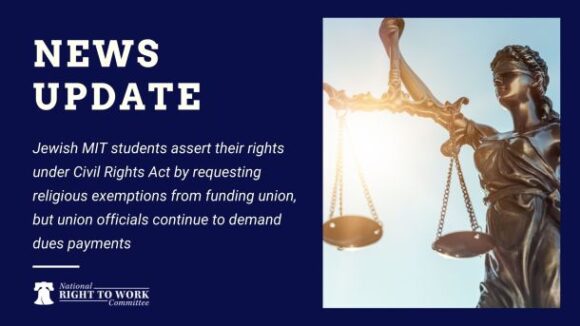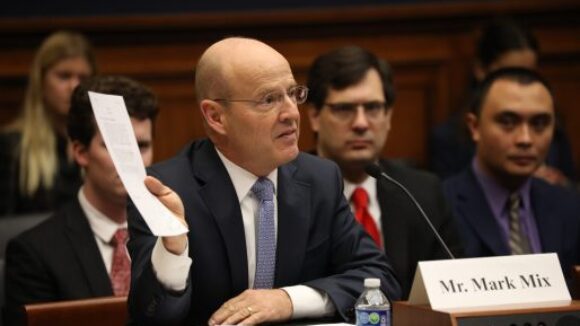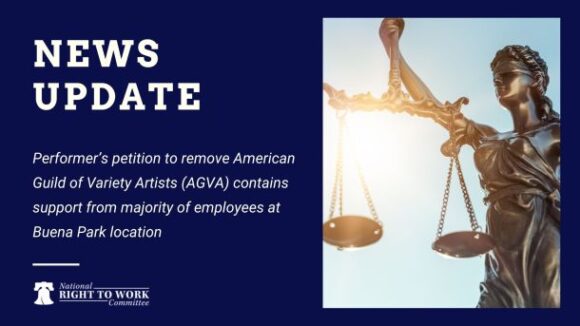Part of Don Brunell’s job as president of the Association of Washington Business, the Evergreen State chamber of commerce, is to accentuate the positive regarding the employment climate in his home state.
But Brunell can’t help but notice that more and more new jobs in the areospace industry, historically Washington’s “economic powerhouse,” are locating in Right to Work states, especially nearby Utah. He adds that in Forbes magazine’s latest ratings of the 50 states for job friendliness, Washington slipped four notches while Utah ranked #1 for the third year in a row.
In general, Brunell observes, the Forbes survey “found a clear separation between right-to-work states and those that are not. All but one of the top 10 states have right-to-work laws. Of the bottom 10 states, only one is a right-to-work state.’ In a newspaper column for The Columbian, published today and linked below, Brunell highlights and discusses some of the recent major aerospace investments in Utah:
Today, aerospace and aviation companies in Utah employ more than 10,000 people who provide engineering, logistics support and maintenance for several U.S. Air Force jet fighter and cargo aircraft programs, as well as the Minuteman III intercontinental ballistic missile.
Janicki Industries, a family-owned cutting edge composite manufacturer headquartered in Sedro-Woolley, also located a $20 million aerospace plant in Utah to support the company’s work on the F-35 Joint Strike Fighter program. Janicki is exactly the type of aerospace company Utah targets to recruit because its high-tech precision molds are the future of aerospace.
[Utah Gov. Gary] Herbert . . . cites three areas where his state has a competitive advantage: taxes, labor force and a favorable regulatory climate. Last year,Herbert initiated a review of the state’s nearly 2,000 administrative rules, eliminating or modifying 368 regulations Herbert characterized as “a drag on the economy.” Among the other pluses for Utah: energy costs that are 29 percent below the national average.
Washington View: Washington must watch its back


